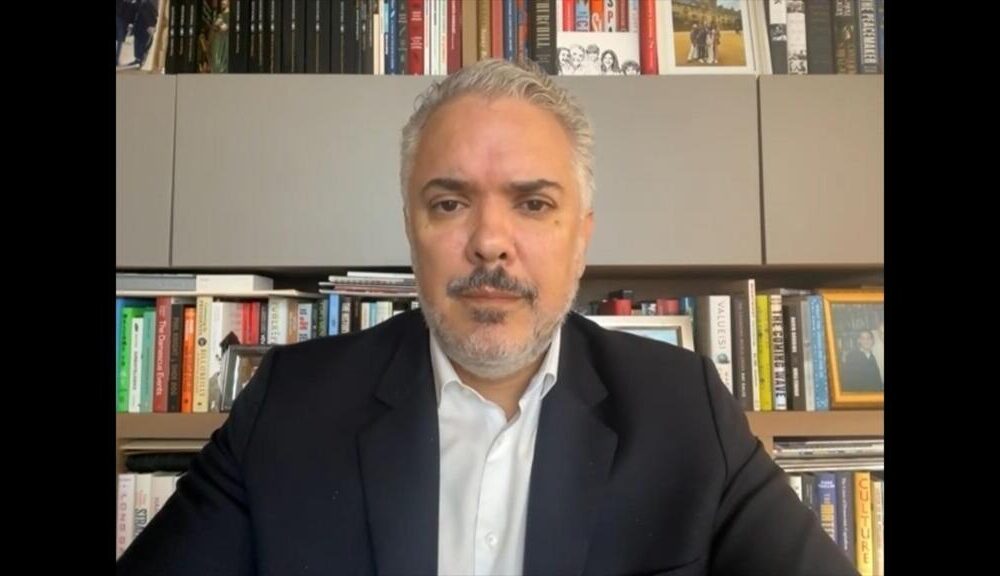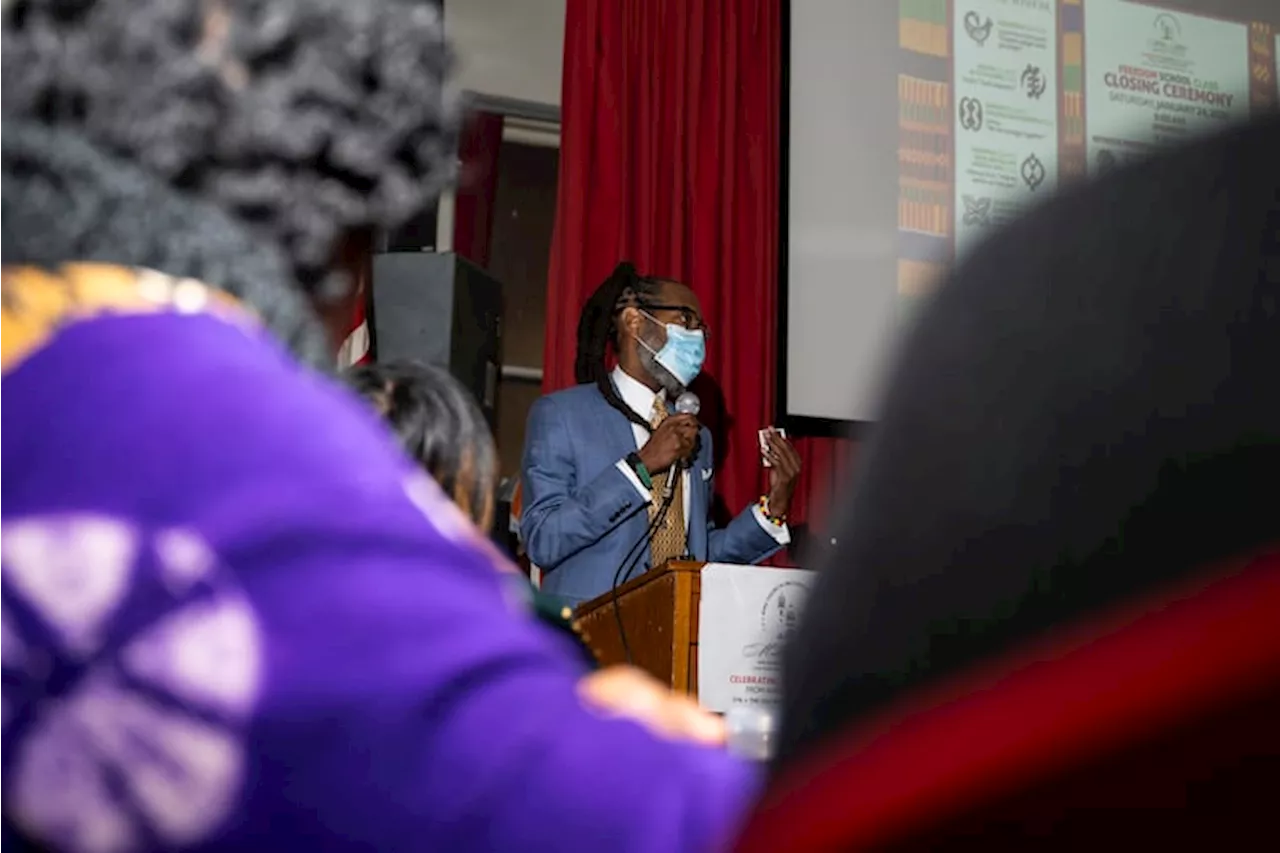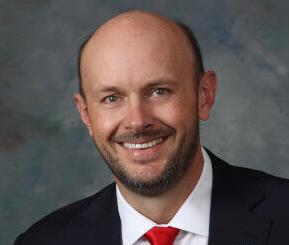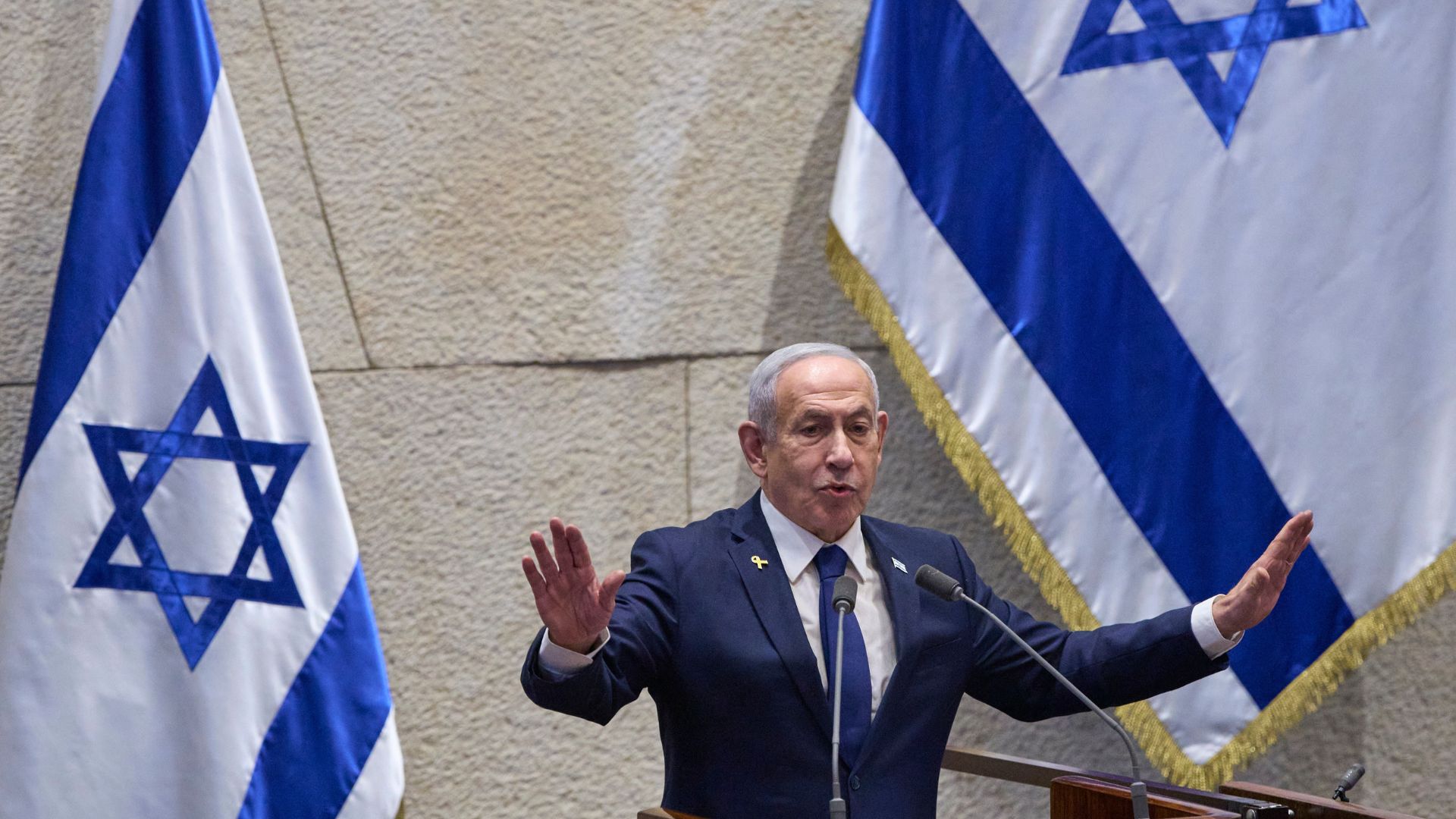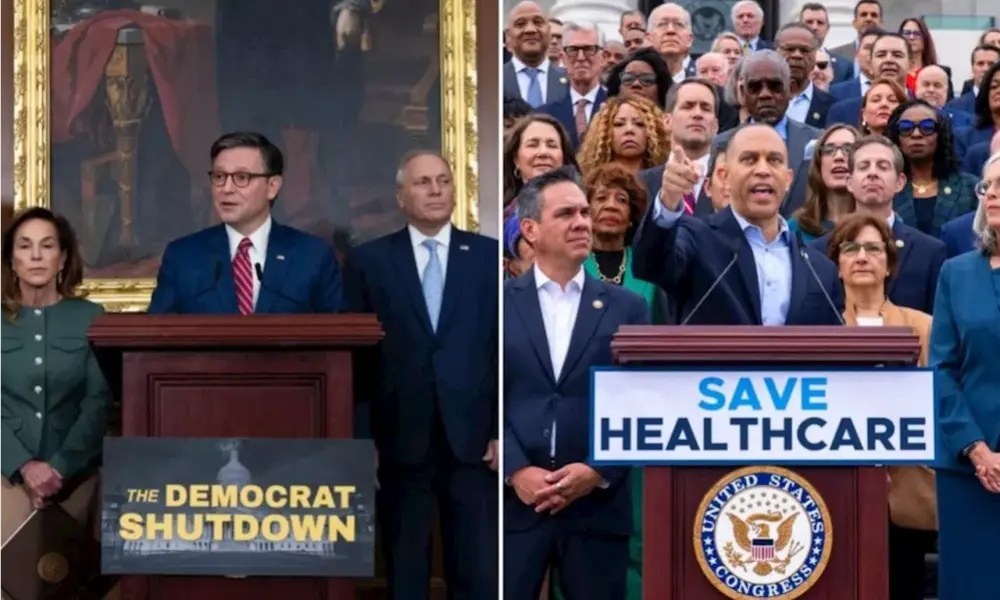In a recent interview with FRANCE 24, former Colombian President Iván Duque expressed his support for potential U.S. military operations targeting Venezuelan drug trafficking. Duque’s comments come amid growing tensions surrounding the approach to Venezuela’s leadership under President Nicolás Maduro, whom he labeled a “dictator” leading the Cartel de los Soles.
Duque defended the legality of U.S. military strikes against boats allegedly involved in drug trafficking. He dismissed current Colombian President Gustavo Petro’s condemnation of these operations as “murder.” According to Duque, the U.S. is justified in its efforts to disrupt drug trafficking activities. “If the U.S. uses its capacity to carry out interdiction, I think it is lawful,” he stated.
Duque’s remarks highlight a significant divergence in foreign policy between his administration and that of Petro. While Duque advocates for a robust military response against drug cartels, Petro has criticized such actions as excessive and harmful. This ongoing debate reflects broader concerns about the impact of drug trafficking on both Colombia and Venezuela.
The former president elaborated on his perspective, asserting, “If the U.S. wants to undertake precision operations against those cartels, I am in favour of that.” His statements suggest a willingness to support international intervention to address what he perceives as a critical security issue in the region.
Duque’s comments come at a time when Venezuela continues to grapple with severe economic challenges and a humanitarian crisis. The country has faced international scrutiny due to allegations of widespread corruption and human rights violations under Maduro’s rule.
As the discourse surrounding military intervention evolves, the implications of Duque’s support for U.S. actions could influence diplomatic relations in Latin America. The situation raises questions about the potential effectiveness of military strategies in combating drug trafficking and restoring stability in the region.
The complex dynamics between Colombia and Venezuela remain a focal point for both national and international observers, as leaders navigate the intricate realities of drug production and trafficking. Duque’s endorsement of military action underscores a contentious approach to addressing these persistent issues.
In summary, the dialogue initiated by Duque serves as a reminder of the intense political and social challenges facing both Colombia and Venezuela. As discussions continue, the role of international actors like the United States will be pivotal in shaping future policies and responses to drug-related violence in the region.

